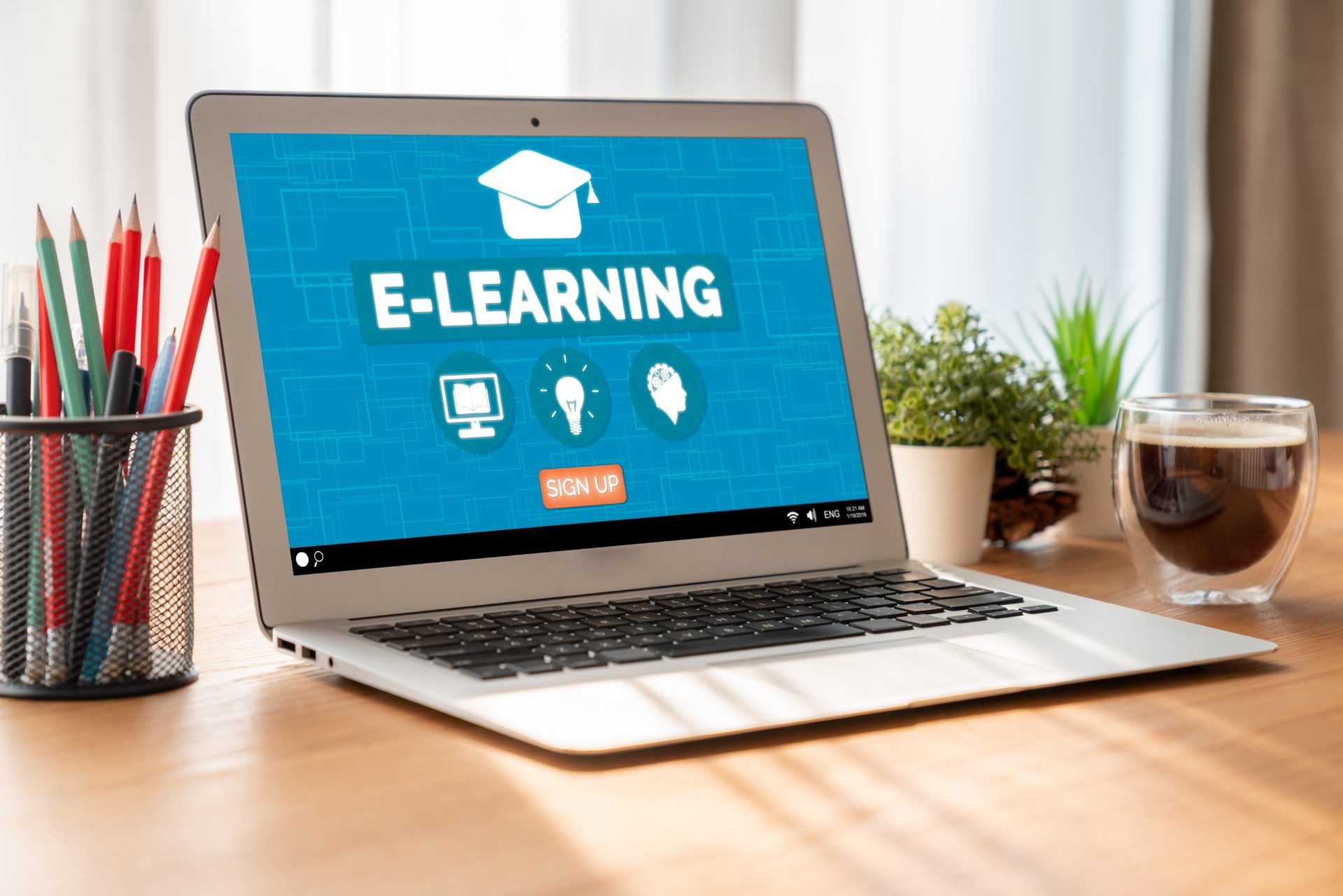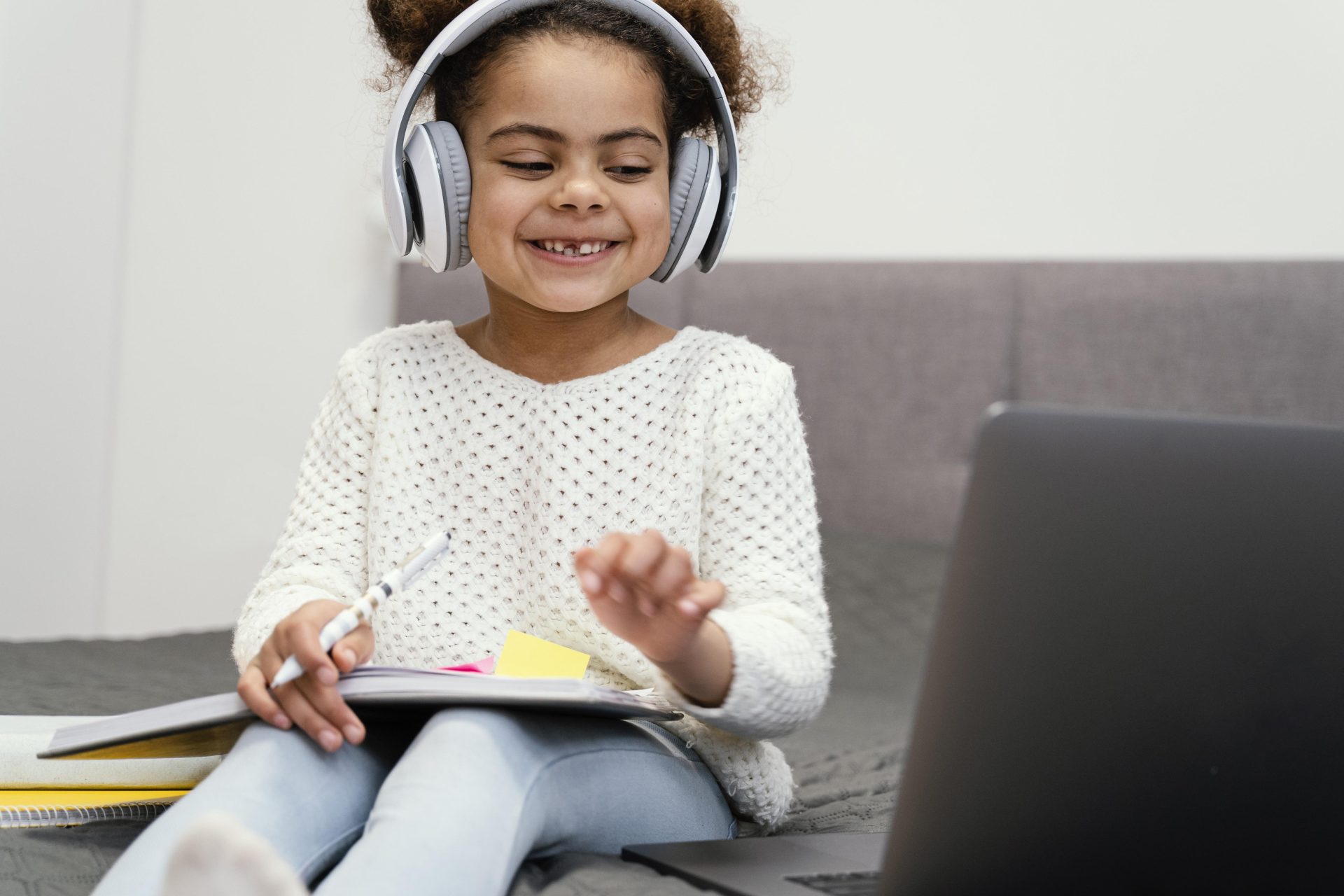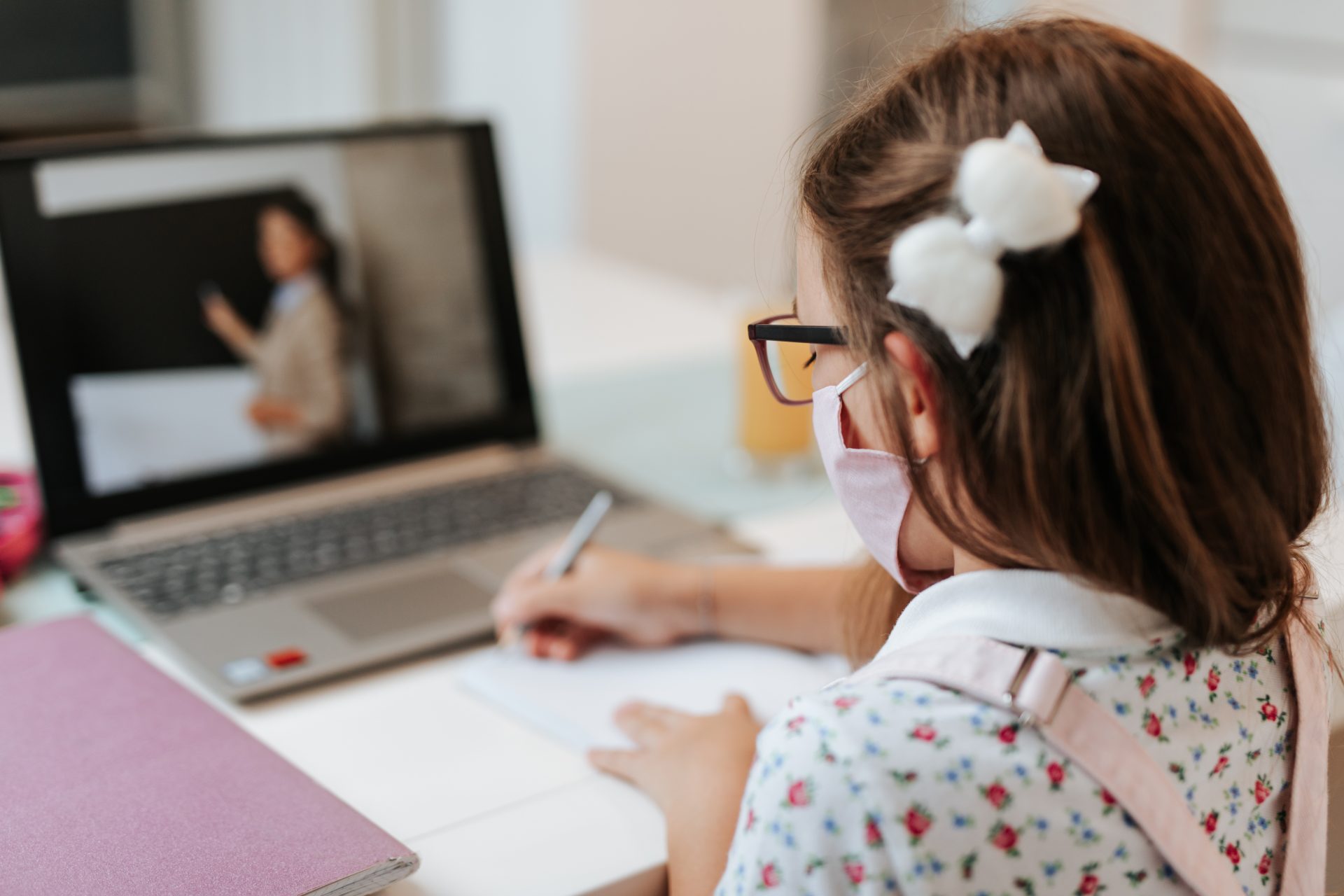Contents
What is a kindergarten curriculum? A kindergarten curriculum is an educational schedule made for children in kindergarten that include a list of classes, time stamps, and extracurricular activities for the day.
A comprehensive kindergarten program goes beyond teaching the basics because it should additionally focus on nurturing all aspects of a child’s development. The aspects include academics, social skills and fostering creativity.
Overview of Kindergarten Curriculums
Kindergarten forms the basis for children’s academic and personal success during their education. Kindergarten offers a large variety of learning opportunities to support academic growth and positive social interactions for young kids.
A well-designed curriculum in kindergarten helps foster curiosity, nurture imagination, and help develop essential life skills that will help their child in school and in life. Kindergarten programs usually include reading, math, science, and social studies in their curriculum.
“The child is at the centre of the curriculum framework. Therefore, it is critical that teachers of kindergarten children have a clear sense of where the child is in terms of overall growth and development and to plan for developmentally appropriate learning activities.”
– Official Curriculum Framework document
These schedules place emphasis on literacy, basic math skills, hands-on science activities, and exploring social subjects. Kindergarten curriculum focuses on social development by teaching kids skills like sharing and teamwork from an early age. Kindergarten educators aim to engage all students by catering to various learning styles through a mix of structured lessons and playtime.
Their main goal of kindergarten’s curriculum is to create a nurturing environment where students can progress at their own pace and cultivate a passion for learning.
Tables are commonly used to organize the focus areas in a kindergarten curriculum and are listed below.
- Literacy – Letter recognition, phonics, reading.
- Math – Counting, number recognition, basic arithmetic.
- Science – Nature exploration, basic scientific inquiry.
- Social Studies – Community awareness, simple geography.
- Arts – Creative arts projects, music appreciation.
- Physical Activity – Basic motor skills, group games.
This understanding gives parents peace of mind. It shows the kindergarten curriculum is well-rounded.

Core Subjects & Pedagogical Approaches

Young kids encounter a mix of subjects and teaching methods aimed at sparking their curiosity and fostering a passion for education. Here are some of the approaches that appear in kindergarten listed below.
Balanced Literacy
Reading, writing, speaking, and listening form the foundation of balanced literacy programs. They integrate programs aimed to nurture language development and instill a passion for reading in young learners.
Kindergarten teachers often utilize storybooks, group reading activities, and creative writing exercises to enhance literacy comprehension of kindergarteners.
Activities such as storytelling, role-playing, and vocabulary games are incorporated into daily lessons to make learning enjoyable and interactive as it will help children use their imagination and creative thinking.
Inquiry-Based Learning
Inquiry-based learning methods in kindergarten include science, math, and social studies.
This specific approach nurtures curiosity and critical thinking skills by encouraging students to ask questions, explore topics independently, and derive knowledge from hands-on experiences.
The activities under this method include interactive experiments, observation exercises, and group discussions. They are utilized to deepen students’ understanding and foster a sense of wonder and discovery.
Social-Emotional Learning
Social-Emotional Learning (SEL) programs aim to foster empathy, self control, teamwork and positive social connections among students. Storytelling, acting out roles and group tasks are the activities used in SEL programs to promote understanding and interpersonal abilities.
Children build a base for their social-emotional intelligence and can acquire essential life skills by participating in these activities.
Math and Language Arts
Math and reading are essential as the basis and foundations of learning for children in kindergarten.
Early Math Concepts
Kindergarten curriculums are designed to make learning math fun. Making math interactive will ensure that kindergarteners do not lose their engagement and their attention span while studying it. Hands-on activities and games play a crucial role in introducing basic math concepts where they will develop numeracy skills such as counting, recognizing shapes, and understanding patterns.
For example, counting games with colorful objects or pictures not only teach children how to count but also help them develop a sense of number quantity. Recognizing shapes can be taught through engaging activities like building structures with blocks or identifying shapes in their environment.
Understanding patterns can be introduced through fun exercises like creating simple ABAB patterns with everyday objects or colors. These hands-on experiences lay a strong foundation for mathematical thinking and problem-solving skills in young children.
Phonics and Vocabulary
Language arts and phonics teachings play a major role in kindergarten studies. The main goal of these studies is to help kids understand the connection between sounds and letters to enhance their awareness. There’s also a focus on sight words where kids should recognize words by sight rather than sounding them out.
Building vocabulary is another part of kindergarten’s language arts programs aside from phonetics. Educators work on exposing children to words through stories, songs and conversations to prepare them for writing and reading in the future. Kids will be able to learn how words sound and pronounced through stories and songs.
Teachers use interactive read-aloud sessions where they engage children in discussions about the story and introduce new words in context, which improves kids’ vocabulary and strengthens their comprehension skills. Kindergarteners also learn to identify and understand words through context, pictures, and real-life experiences. These sessions will set the stage for future reading comprehension.
Science and Engineering
Kids tend to show an interest in the things happening around them during such an early stage in life. Science lessons during this period must be designed to encourage curiosity and a sense of discovery by giving children chances to observe, ask questions, and make sense of occurrences.
For example, activities like planting seeds and observing their growth or conducting experiments with water and ice will introduce fundamental scientific ideas and inspire a sense of awe about the world around them.
These science activities will lay the groundwork for deeper learning and understanding in later grades which will help develop essential skills like observation, prediction, and categorization in kindergarteners.

Introduction to Engineering: Building Little Problem-Solvers
Engaging young children in design tasks will help them develop problem solving and critical thinking skills through a variety of activities. Activities like building structures and inventing gadgets will introduce fundamental engineering principles to young learners.
Hands-on projects that involve planning, designing, and creating will help kids approach problems creatively and find solutions on their own.
Next, crafting bridges or making toys from unusual materials will stimulate a child’s imagination and teach them how a logical task should be approached.
These activities build a foundation for engineering concepts by enhancing awareness, reasoning, and problem-solving persistence in young kids.
Early exposure to science and engineering activities in kindergarten ensures a lifelong joy for learning by fostering wonder, critical thinking, and creativity.
Social and Physical Development
Kindergarteners come with a variety of skills and personalities. Some kids are outgoing while others may be more reserved in social situations. Kindergarten acts as a period of time where children will develop their social skills and learn to interact with the world around them.
Young students participate in activities that go beyond academics since they learn the importance of sharing, taking turns, and resolving conflicts in a calm and peaceful manner. These vital life skills are essential for children to cultivate relationships at school, home, and within their communities.
Teachers create a safe and engaging environment where kids will practice cooperation and effective communication with their peers by engaging in play based tasks and group projects. These projects will continue to help them in school and life as they will ensure their social skills develop in the correct way.
Gross and Fine Motor Skills
Gross motor skills touch on movements of the muscles by engaging kids in such activities like running, jumping, skipping or climbing. These activities will support kids in developing strength and coordination while fine motor skills will involve muscle groups used for tasks like writing, drawing, cutting with scissors or fastening their jackets.
A correctly designed curriculum will help young students engage in activities that help them with both types of motor skills.

Play-Based Activities and Assessments
Play is where children often do their best learning since they are engaged and interested. For example, they can learn through explorative, imaginative, and creative activities. Taking part in these activities help kids develop cognitive, emotional, and social skills. Play-based activities form the backbone of the curriculum in kindergarten according to the Government of Western Australia. These activities are not just fun and games as they are carefully crafted opportunities for kids to engage with ideas, materials, and each other. Activities help them learn more about the world.
For example, when children build with blocks or play in a sandpit, they learn about shapes, sizes, textures, and how things fit together. Something as simple as role-playing helps them understand others’ views and helps them develop their language skills.
Assessing Progress through Play
Various methods are used to enhance the development of young learners. Observations provide insights into a child’s engagement during play while portfolios showcase samples of their work across diverse activities. Standardized assessments offer an overview of their skills. Each approach aids teachers in adjusting lesson plans to cater to areas where students may require assistance.
For example, a teacher notices a child struggling with sharing during playtime but excels in tasks that involve creativity and imagination. This observation will prompt the educator to emphasize social interaction exercises while incorporating plenty of activities into the curriculum to help the child prosper.
An educator may notice a child showing signs of delayed social development by seeing the child’s apprehensive behavior during group activities. This observation will prompt tailored intervention through targeted group-play sessions and collaborative projects alongside discussing it with parents.
Check out Legacy Online School programs to find what you need:
- Legacy Online School’s elementary school program sets the bar high. This is a quality education. We strive to ignite curiosity. We also strive to foster creativity. We offer a strong curriculum. We are assisted in this by qualified educators.
- Legacy Online Middle School provides digital education. It is designed for middle school students. The school prides itself on offering live online classes taught by certified teachers. The classes are online and interactive.
- Legacy Online High School is a unique method of online learning carefully designed for high school students. It combines synchronous learning, a wide range of pedagogical methods, and an emphasis on accessibility.
Legacy Online School offers the best curriculum for you and your child to get the best online educational experience.
Our rigorous curriculum ensures that graduates are well prepared for universities and workplaces around the world. In addition, our vibrant virtual clubs connect students all around the world.





